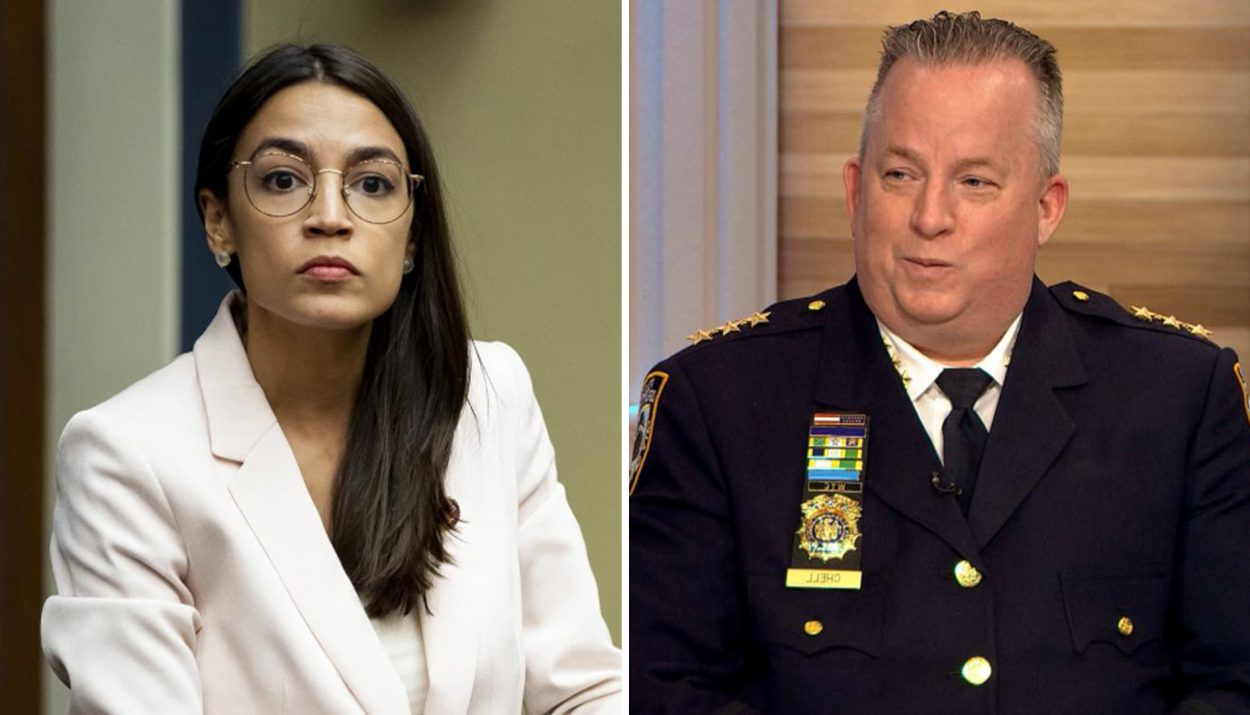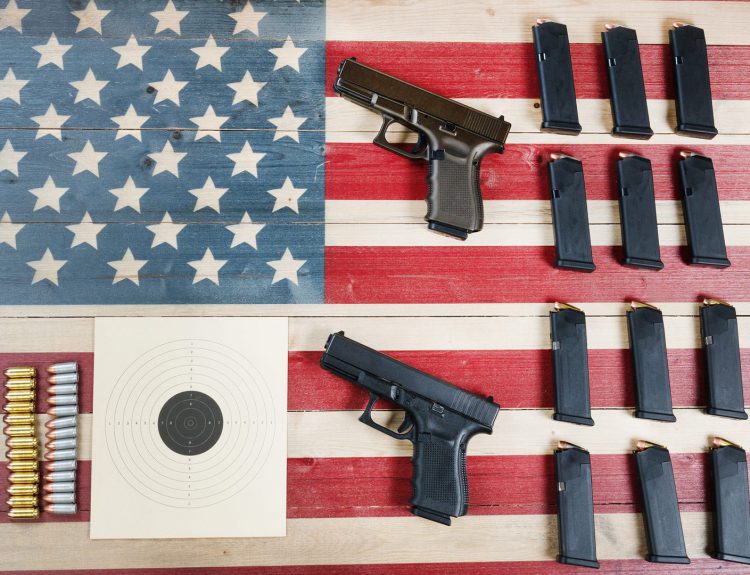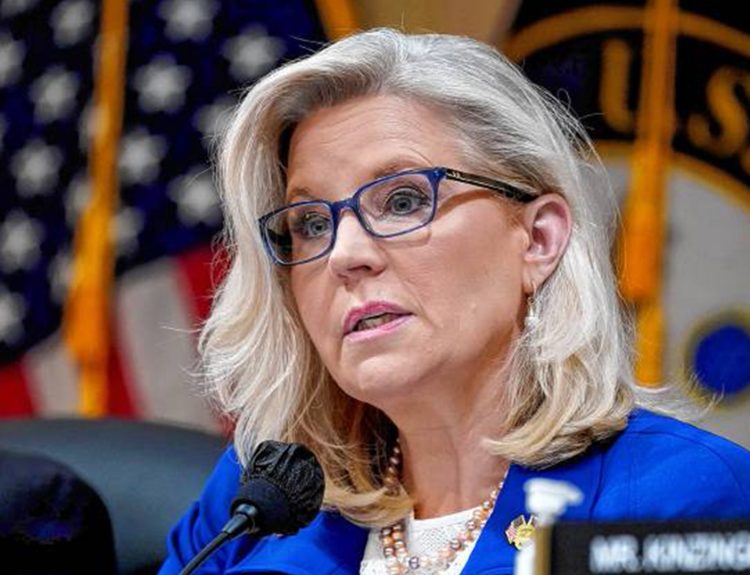April 18th, 2024 was a day of contrasts at Columbia University. A city known for its robust protections of free speech and assembly saw those values clash with its own law enforcement. The New York Police Department (NYPD) dismantled an anti-Israel protest encampment on campus that had been simmering for weeks, setting off a fiery social media exchange between New York Representative Alexandria Ocasio-Cortez (AOC) and NYPD Chief John Chell.
AOC Criticizes Police Involvement In Columbia Protests
Alexandria Ocasio-Cortez, the progressive firebrand who represents parts of Queens and the Bronx, took to Twitter to air her grievances with what she called Columbia’s “horrific” decision to call in the NYPD — but not just any officers.
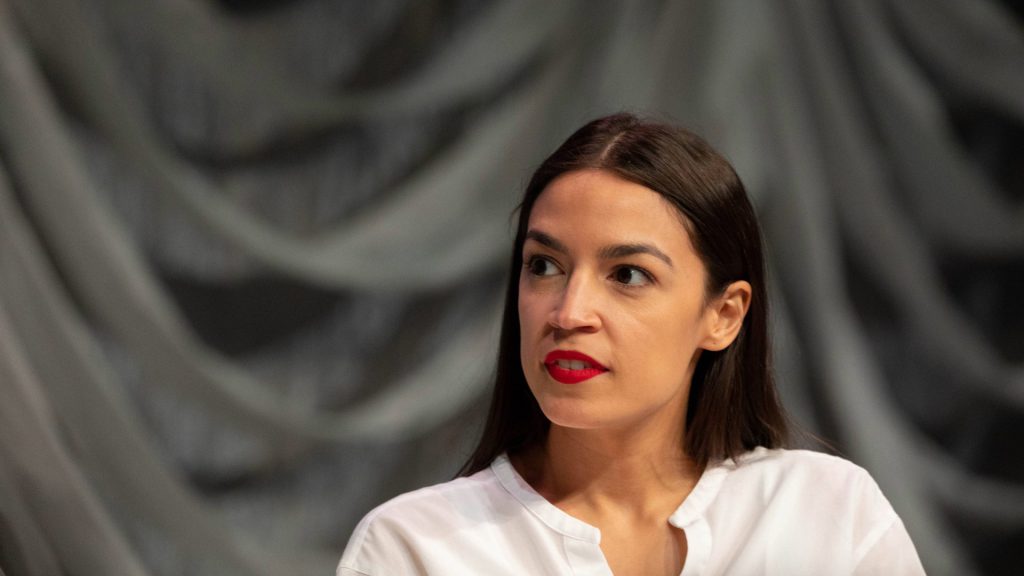
She expressed concern about the use of units with a “violent reputation,” fearing it could lead to escalation or excessive force.
NYPD Chief Defends Policing Actions
Chief Chell quickly fired back on Twitter, painting a picture of a well-managed operation by his officers in response to what he described as “unlawful assembly.” He claimed they were “professionalism” displayed “great care and professionalism” during the removal, which he said occurred without any incident at all.
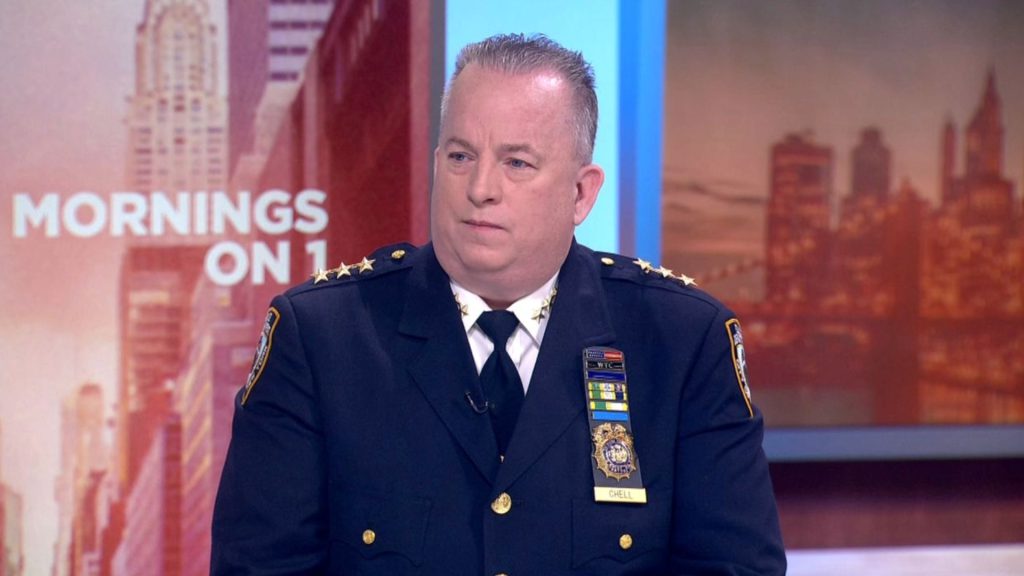
However, Chief Chell went further, adding fuel to the fire by accusing the protestors of displaying “hateful anti-Semitic speech” and “vile language” towards officers.
The Underlying Conflict Is A Balance Of Free Speech And Assembly
This conflict between AOC’s words against Chief Chell’s highlights an age-old tension in democratic societies: When does free speech stop being protected assembly start? The First Amendment guarantees Americans both rights simultaneously.
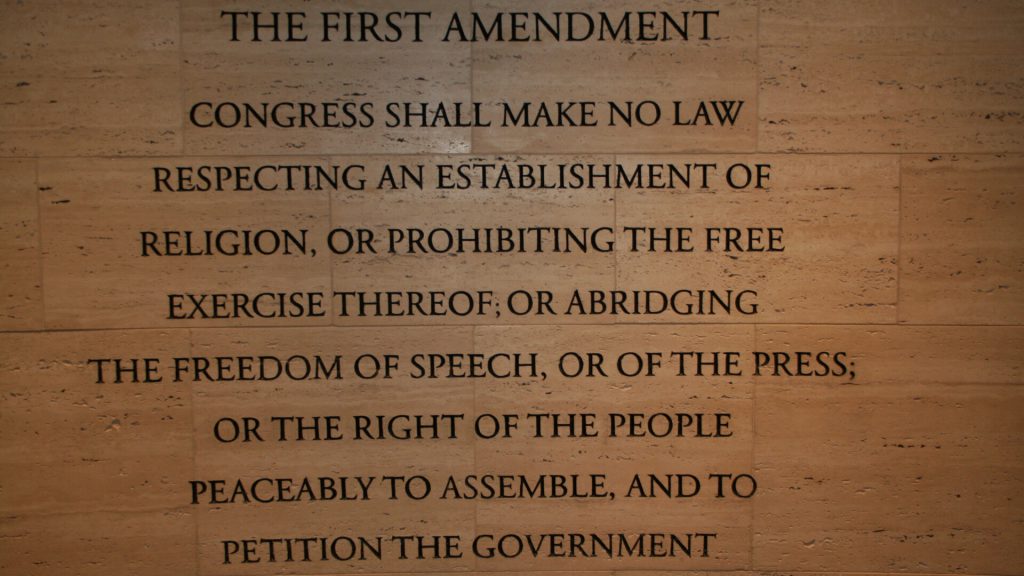
However striking balance between them often proves difficult especially during heated moments such as these where one person may feel their voice must be heard no matter what happens next while another believes rules should always come first.
The Right To Protest Is Guaranteed By The Constitution
The First Amendment of the U.S. Constitution guarantees the right to peaceful assembly and protest. This right is a cornerstone of American democracy, allowing citizens to express dissent and advocate for change.
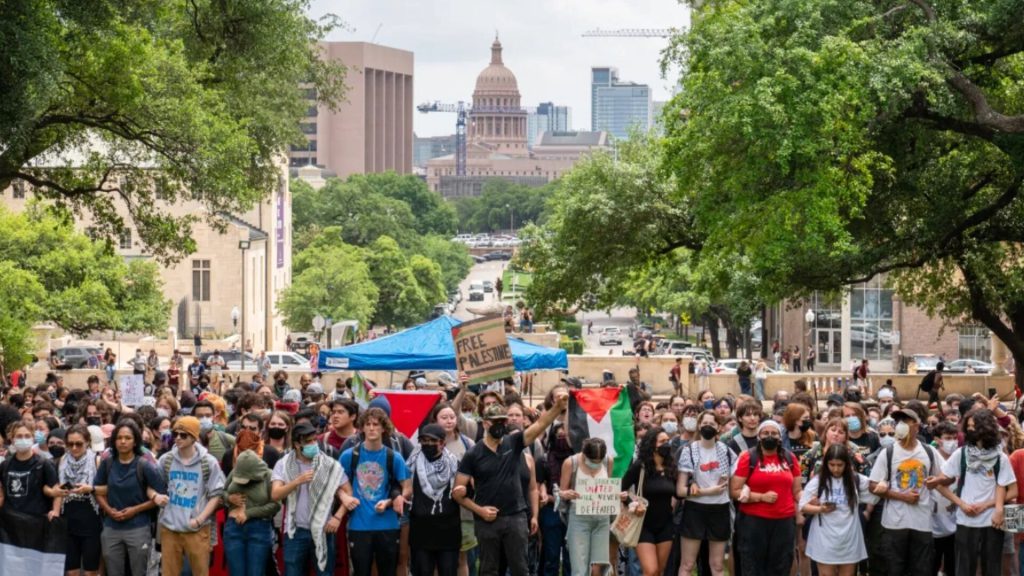
Blocking access to university grounds for an extended period could violate access rights, even if the protest itself remained peaceful.
There Are Limits To Free Speech
But there are limits on freedom of expression too; it does not safeguard any speech that incites violence or lawlessness nor allows protests interfere with private/public property use.
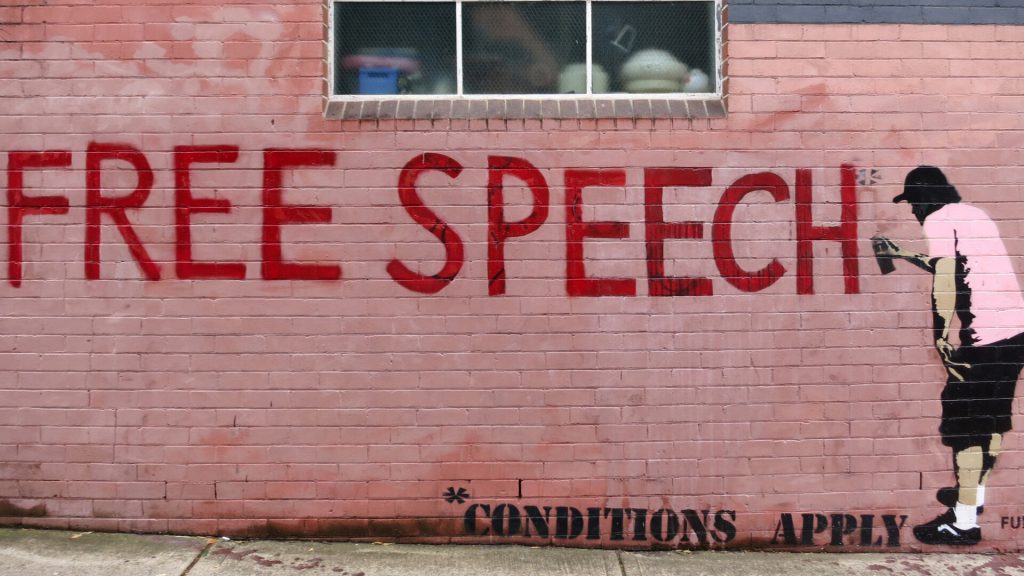
Striking balance between these sometimes competing interests remains an ongoing challenge for all concerned.
Unclear Details Of “Hateful Anti-Semitic Speech” By Protestors
News reports have mentioned “hateful anti-Semitic speech” by some protestors at Columbia University, but details about what was said remain murky. It’s important to differentiate between protected criticism of Israeli policies and anti-Jewish bigotry directed towards individuals themselves.
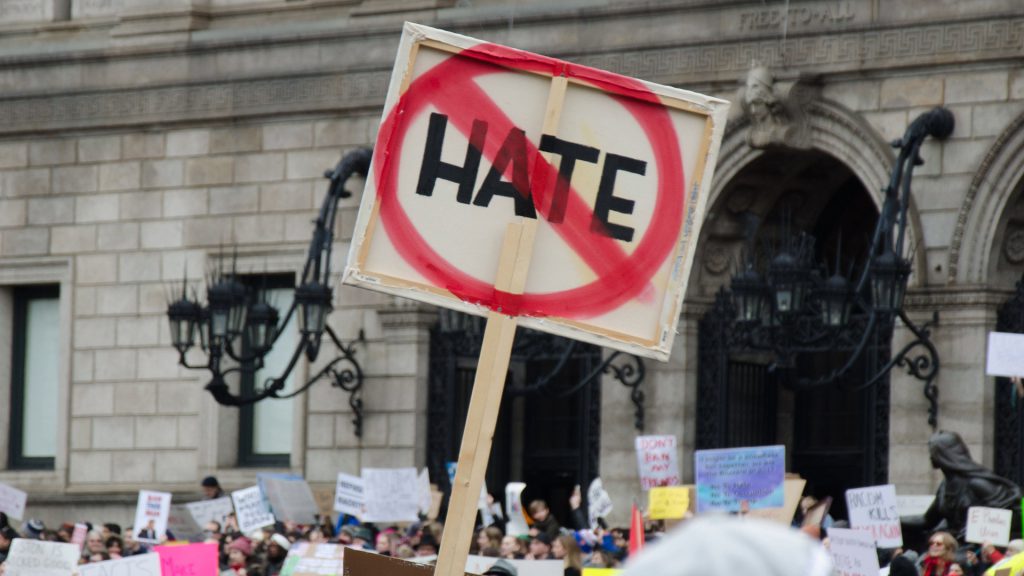
Without knowing exactly what kind of statements were made during this event – which could be perceived as inflammatory or defamatory against another group based solely off their religion/ethnicity – judging whether Chief Chell has valid grounds in his accusations becomes difficult if not impossible to do so accurately given lack thereof clarity surrounding such matters.
Policing Protests Often Overshadows The Issue At Hand
The appropriate police response to protests is a point of contention, often landing at the center of heated debates. Ideally, protests should be facilitated with minimal intervention, allowing for free expression and the gathering of public opinion.
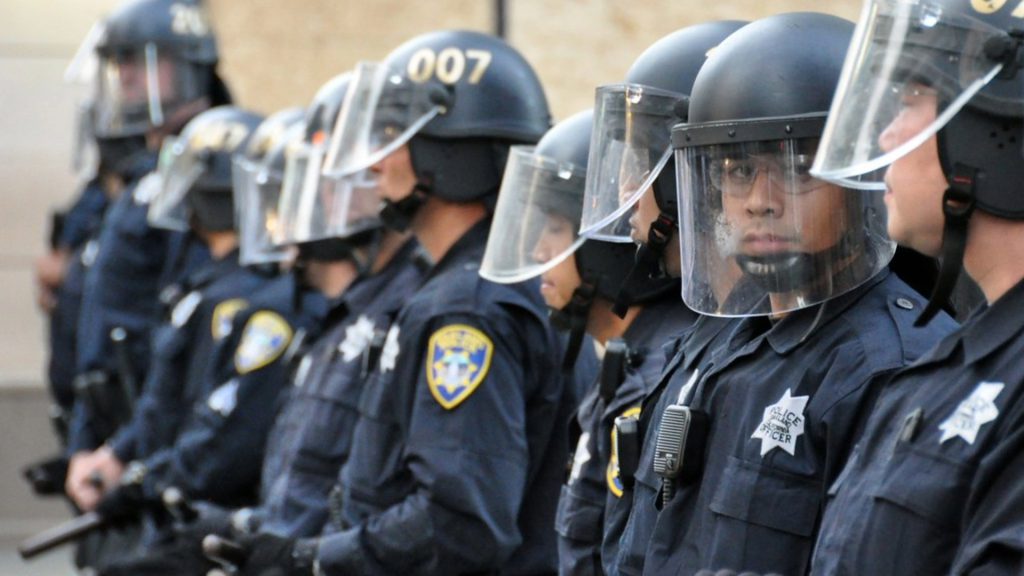
A heavy police presence can have a chilling effect, discouraging participation and potentially escalating tensions.
The NYPD’s Troubled History With Protestors
The NYPD, unfortunately, has a checkered history with protests. The department has faced criticism for using excessive force on peaceful protestors in the past. This raises concerns about potential bias in Chief Chell’s characterization of the Columbia event.
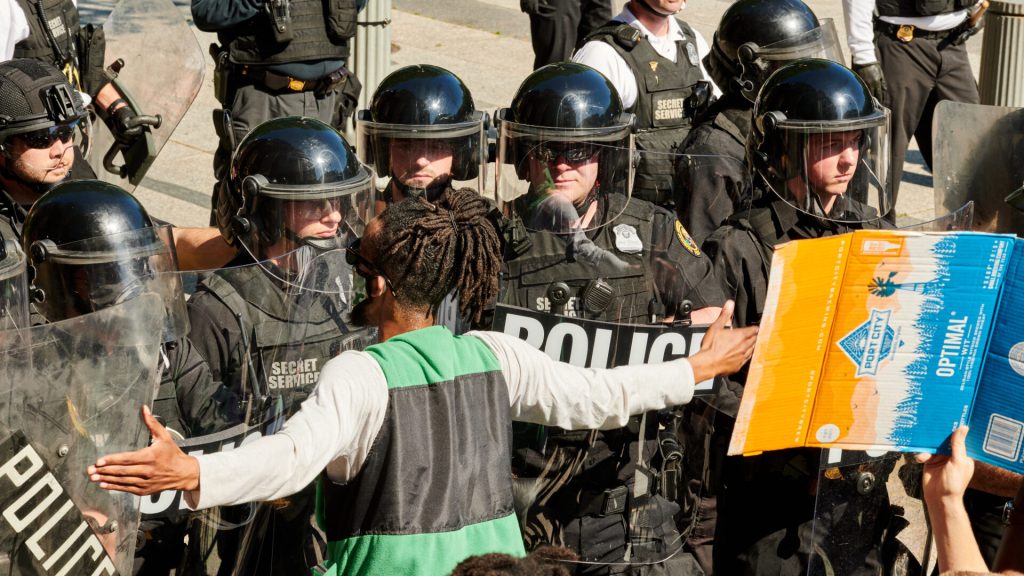
If the NYPD has a history of heavy-handed tactics, there’s reason for skepticism about claims of a “great care and professionalism” approach
AOC’s Concerns Are From Historical Issues Such As The Kent State Shootings
AOC’s criticism likely stems from these historical issues. The Columbia protest incident echoes a dark chapter in American history: the Kent State shootings of 1970. Four unarmed students were killed, and nine others wounded, when the National Guard opened fire on protestors demonstrating against the Vietnam War.
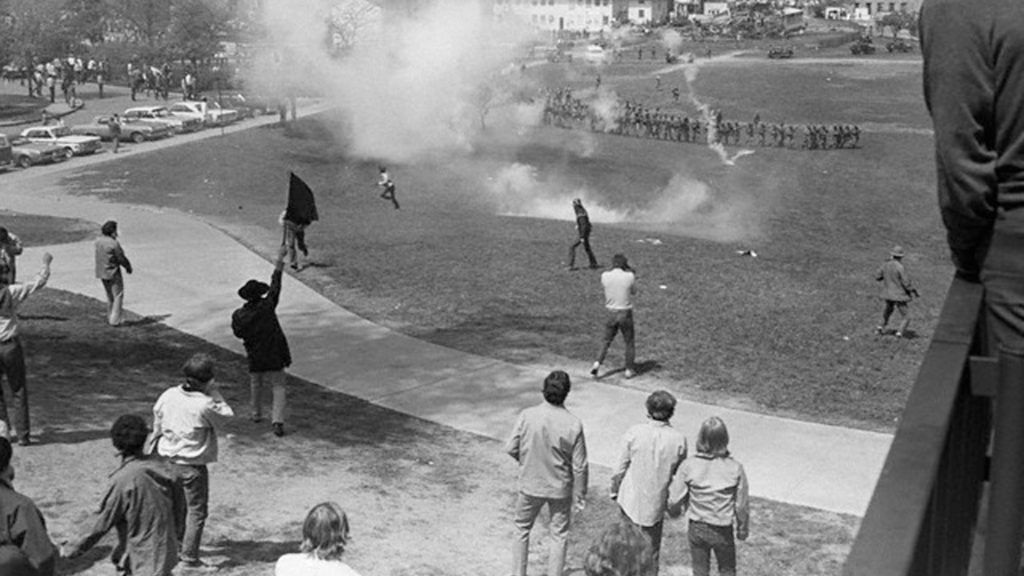
The tragedy exposed the simmering tensions of the era and highlighted the potential for violence when free speech clashes with maintaining order. The Kent State shootings serve as a stark reminder of the importance of finding peaceful solutions in the face of protest and dissent.
The “Encampment” Distinction Is Seen As A Temporary Gathering
The nature of the protest itself adds another layer of complexity. A temporary gathering on public property likely enjoys greater legal protection than a long-term occupation. Blocking access to university grounds for an extended period could violate access rights.
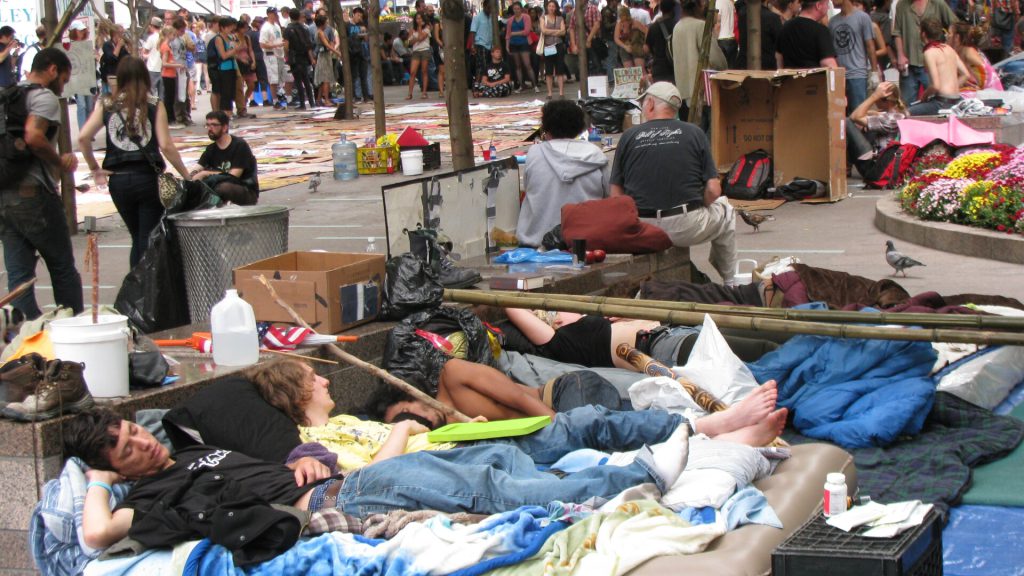
Universities have the right to maintain order on their campuses, and if the encampment significantly disrupted campus life, the university might have grounds to request police intervention to remove it.
Universities Have A Right to Maintain Order
Institutions of higher education possess the right and duty to maintain order within their campuses. They can enact regulations concerning demonstrations, such as setting aside specific areas for protests and imposing time constraints.
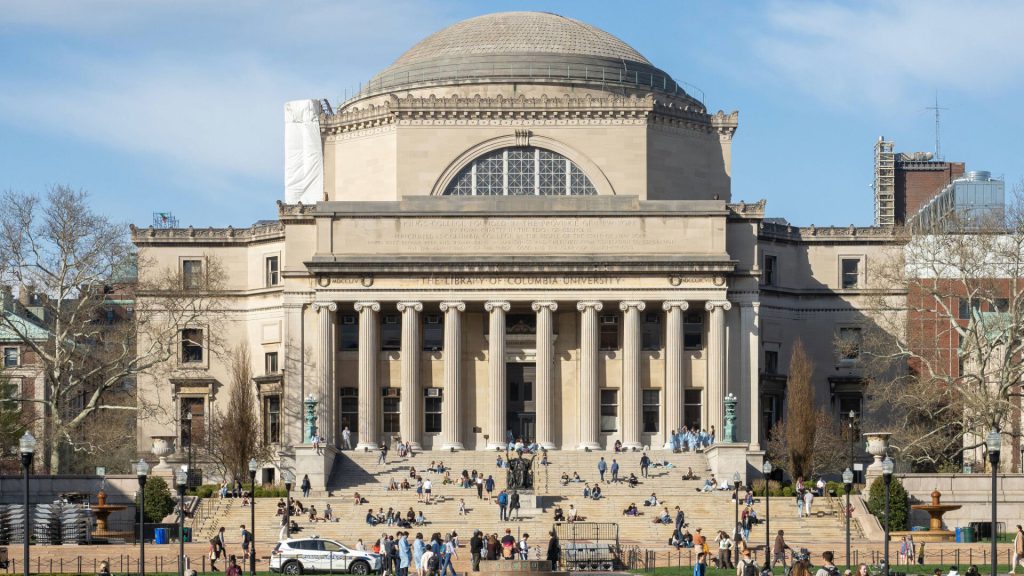
These should be clear rules that are well communicated and applied fairly. However, universities must also be open with protesters in their dealings with them.
Transparency and Accountability Of Police Action Is Key During Protests
Transparency is important in situations like these; it helps people understand what happened better. For example, releasing bodycam videos or witness statements about the demonstration could shed some light on what took place there.
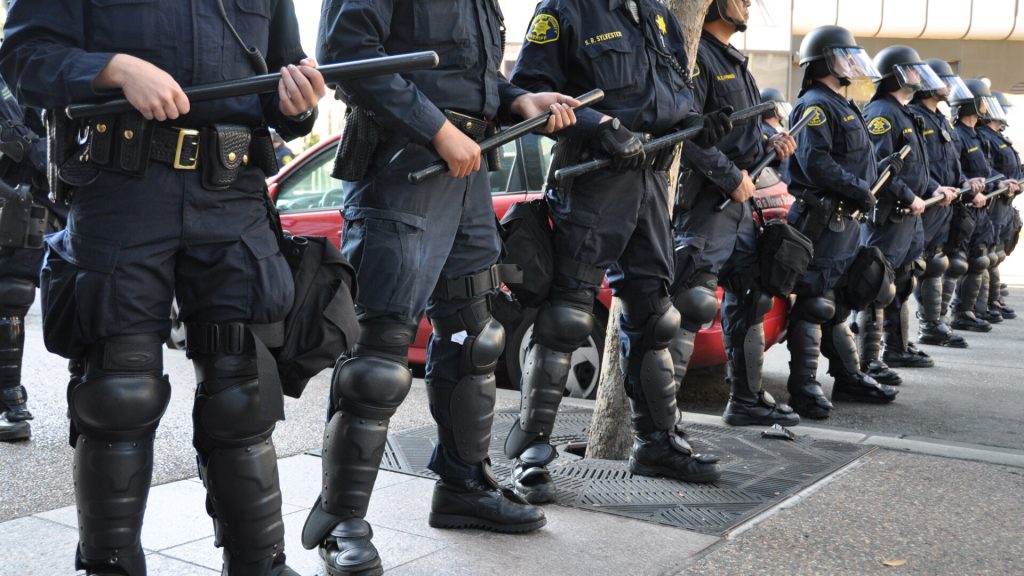
If they fail to do this, it may lead to suspicions among members of the public towards both police officers involved in containing protests as well as higher education institutions themselves which might further erode trust between these parties altogether.
Finding Common Ground In Establishing A Peaceful Environment
Despite their differences, both AOC and Chief Chell likely share a common goal: a safe and peaceful environment. Finding common ground requires open communication and acknowledging the legitimate concerns of both sides.
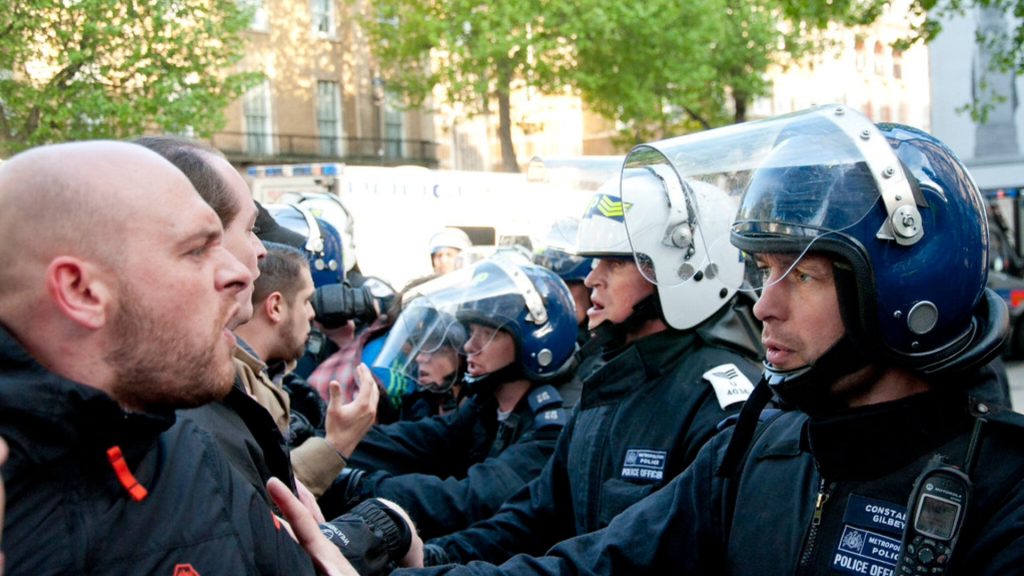
AOC’s concerns about potential police overreach are valid, given the NYPD’s history. Chief Chell’s concerns about maintaining order and upholding the law are also valid.
The National Landscape Of Peaceful Protesting
The Columbia protest incident serves as a microcosm of a larger national debate on how to ensure peaceful protests while upholding public safety.
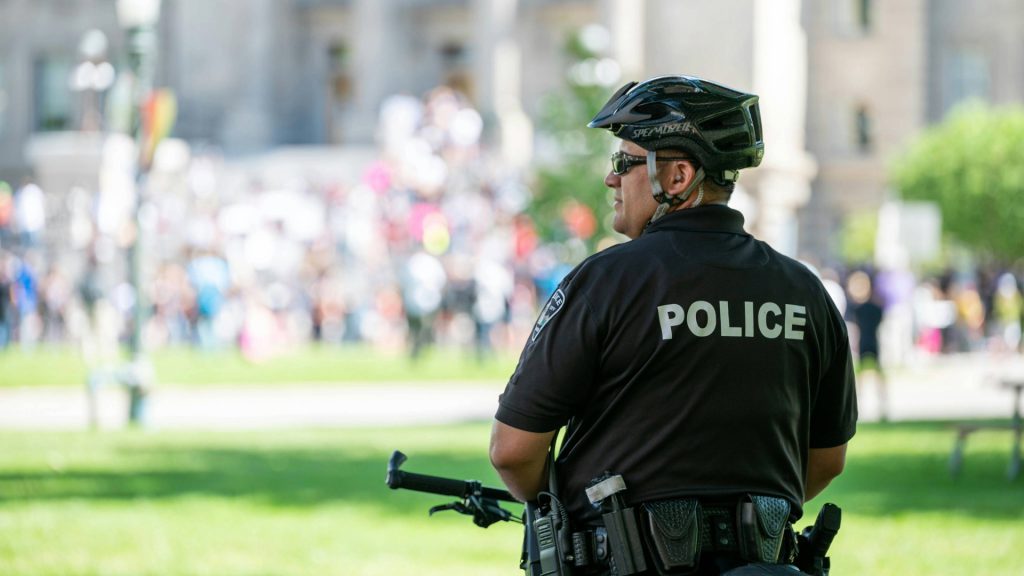
Moving forward, solutions are needed that address the concerns of all parties involved while ensuring that everyone’s rights are protected.
Calls for Police Reform Are Escalating
In light of these incidents, the calls for police reform have only intensified. These reforms are aimed at increasing police accountability as well as improving relations between police and communities.
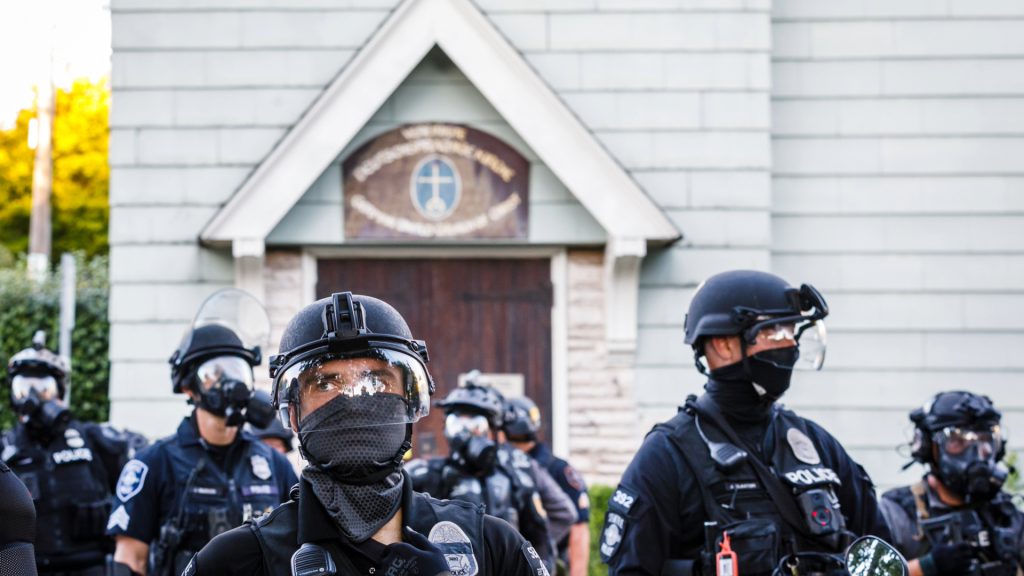
Suggestions include teaching officers how to de-escalate situations, providing implicit bias training so they can address their own prejudices and setting up civilian boards which would look into allegations of misconduct made against them.
The Role of Social Media During Public Tension
Social media plays a major role in shaping public opinion about events like these. The recent exchange on Twitter between AOC and Chief Chell serves as a warning against using inflammatory language online or anywhere else for that matter.

While it allows people to respond quickly, social media often discourages thoughtful debate that takes into account all sides of an argument.
The Importance of Fact-Checking Will Ensure A Peaceful Protest
But now there’s another problem – too much information without any quality control thanks to social media. Misinformation spreads like wildfire and unbiased reporting is hard to come by.
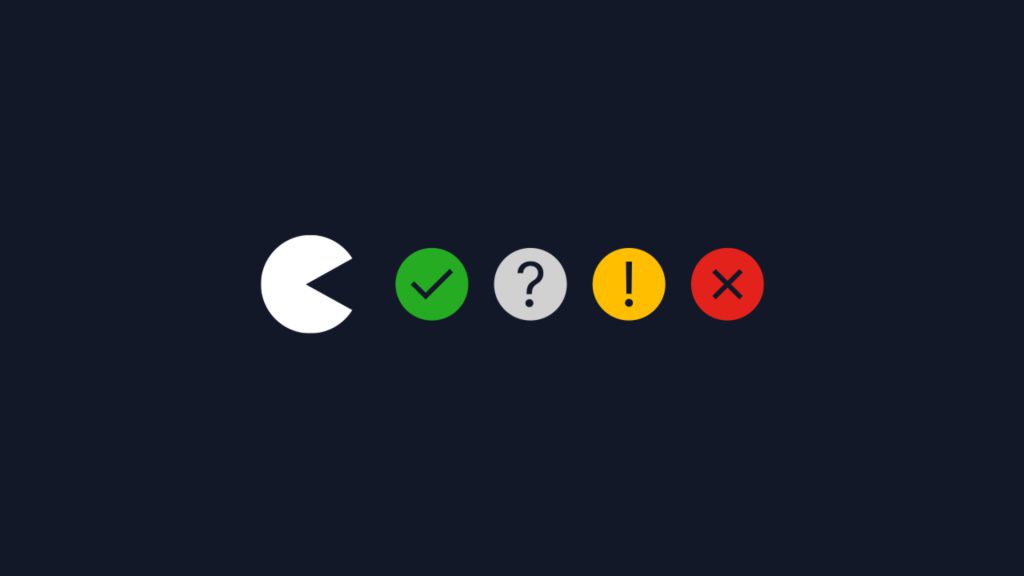
Even after the Columbia protest, no one really knows what the protestors were saying or how much force was used because different accounts say different things.
Finding Solutions To Ensure Protests Remain Peaceful
Going forward we need solutions that will allow peaceful protests while still ensuring public safety. This could mean universities and law enforcement coming up with clear guidelines on what constitutes acceptable behavior during protests or mandatory de-escalation training for police officers when they’re dealing with large crowds who may not see eye-to-eye.
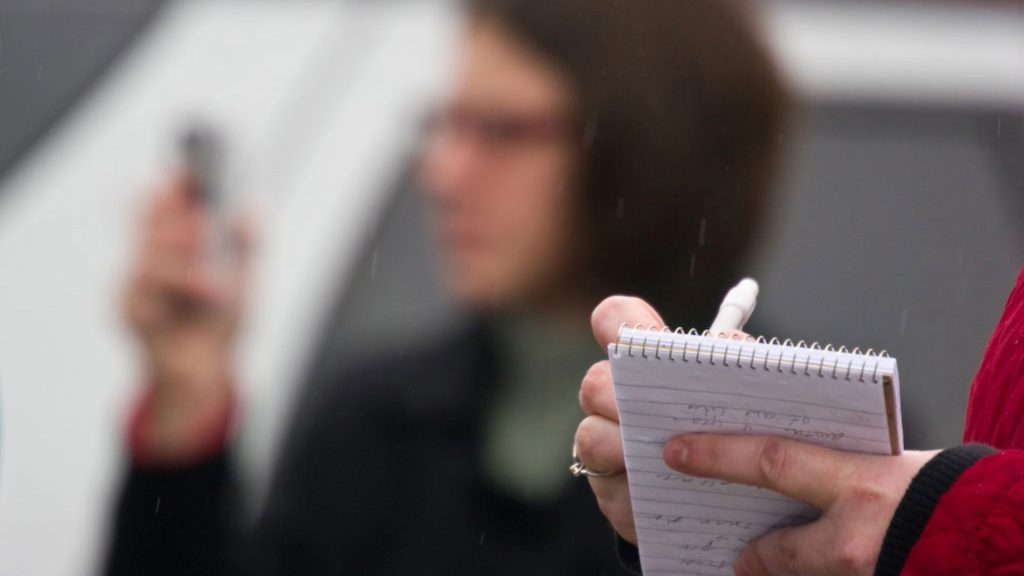
Open communication between police, protestors and community leaders will lead to less damage.
The Importance of Civil Discourse
The exchange between AOC and Chief Chell exemplifies the dangers of resorting to inflammatory language on social media. While platforms like Twitter allow for quick responses, they often discourage thoughtful and nuanced discussion. Nuance gets lost in the heat of the moment, and complex issues are reduced to soundbites.
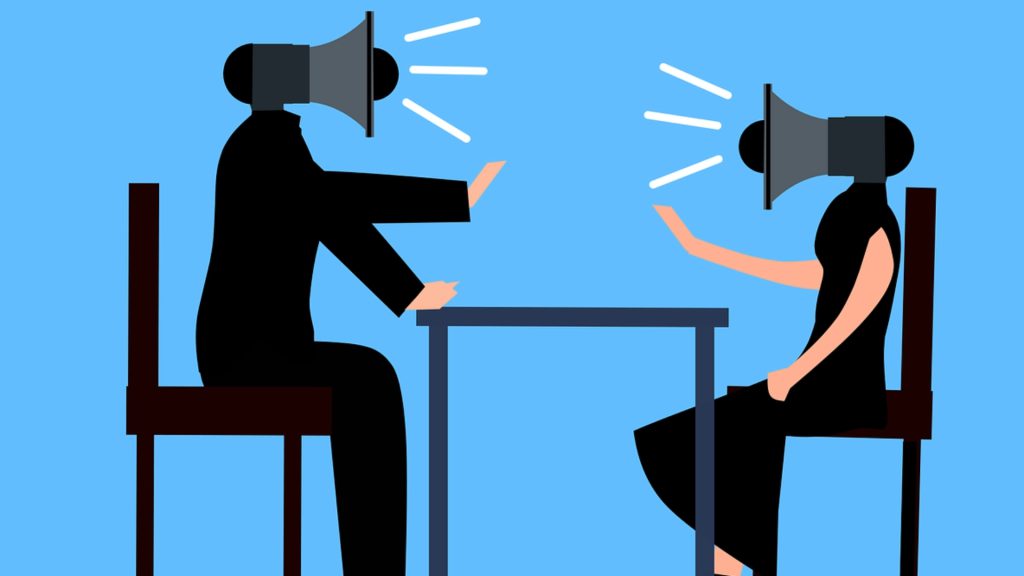
Moving forward, fostering civil discourse is essential. This means actively listening to opposing viewpoints, even when uncomfortable. Engaging in respectful dialogue that focuses on finding solutions rather than assigning blame can bridge the divide and lead to more productive conversations.
The Balance Between Free Speech And Assembly Is A Shared Responsibility
The clash between AOC and the NYPD Chief highlights the complexities of balancing the right to free speech and assembly with the need for public safety and order. Ensuring safe and peaceful protests requires a shared responsibility.
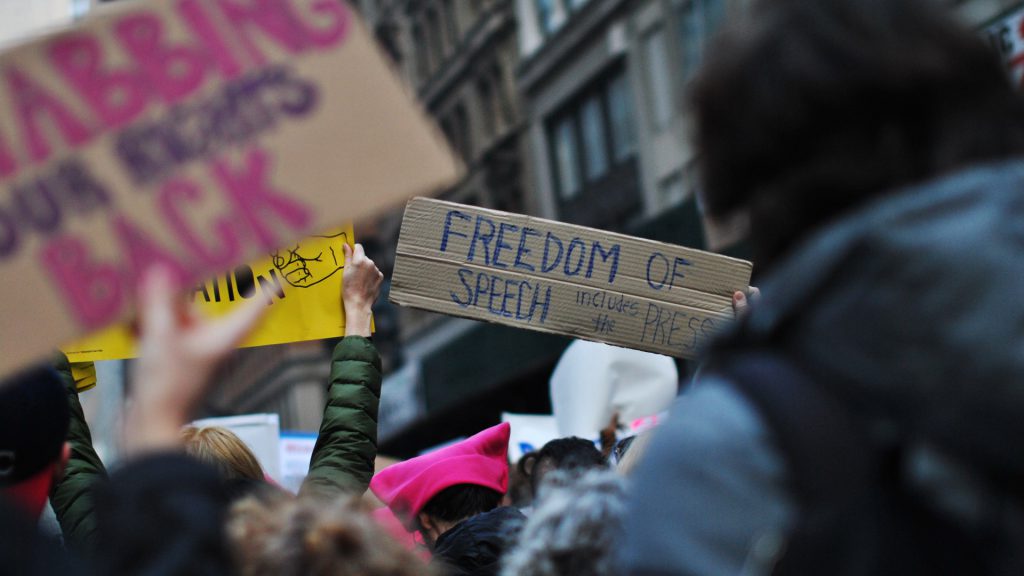
Police forces need better training and protocols. Universities must establish clear guidelines and foster open communication. Finally, citizens must exercise their rights responsibly and advocate for necessary reforms.

